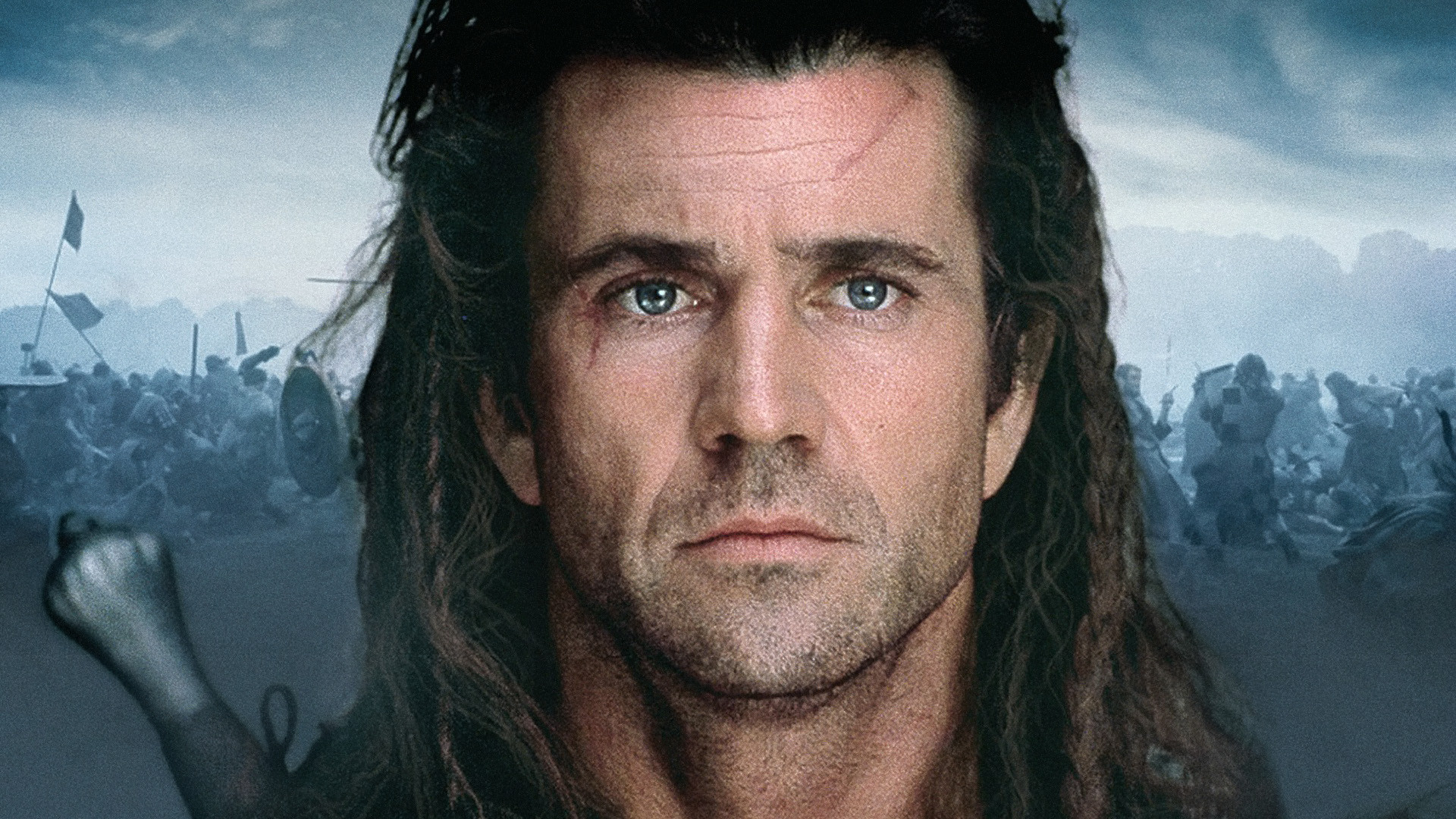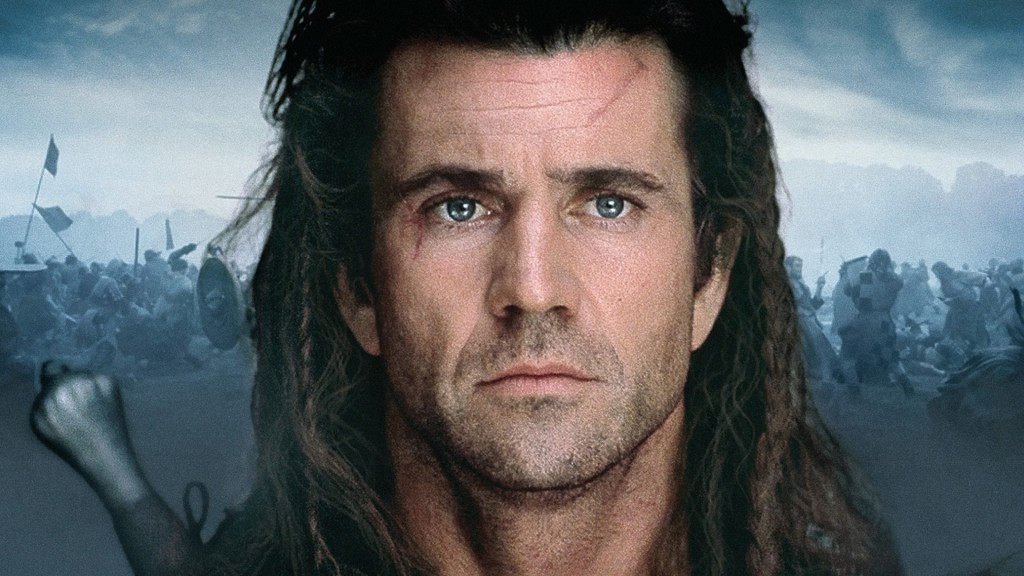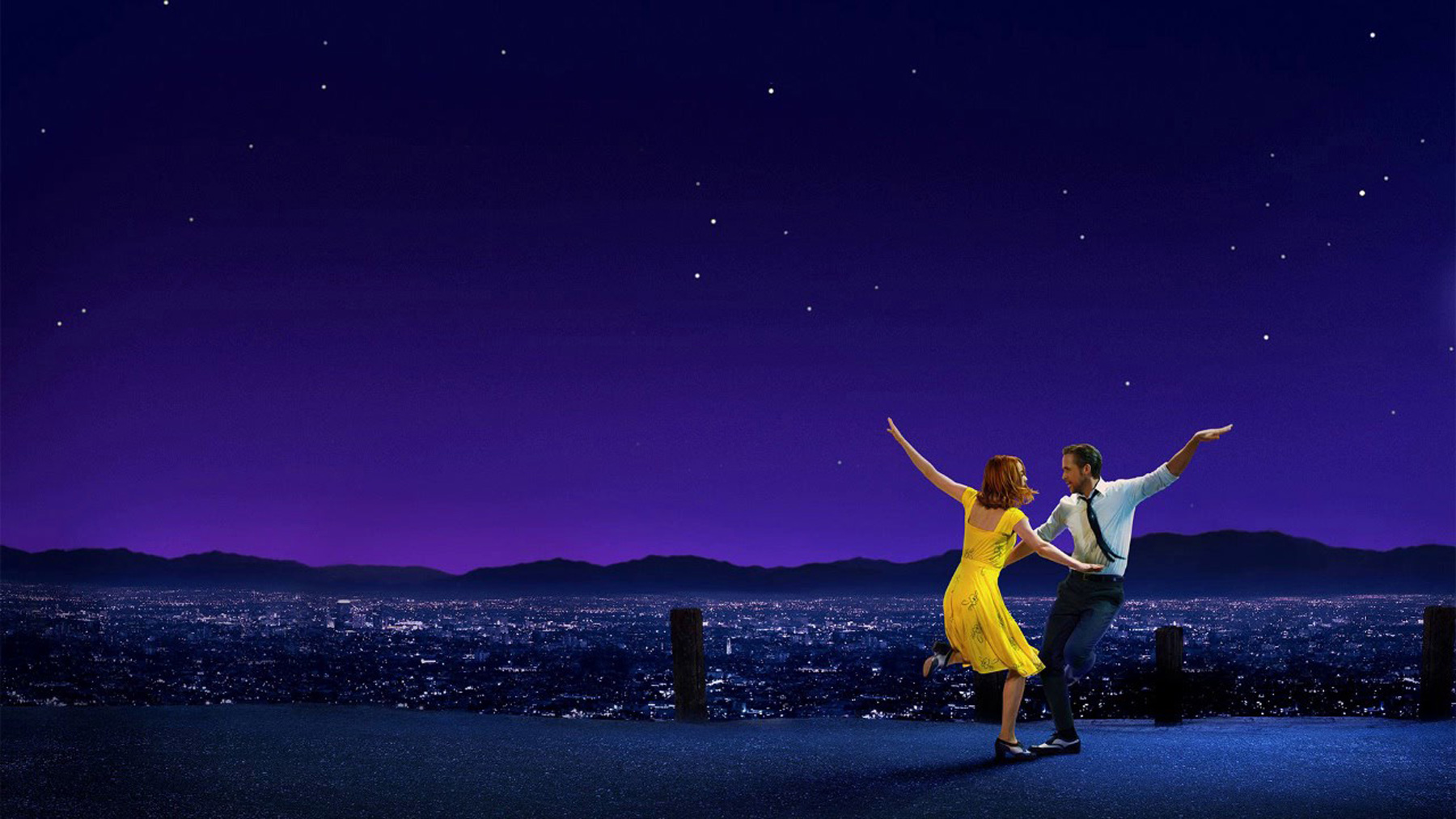There is a 90’s film based on a historical figure that gave inspiration to many people. Braveheart is also famous for being a pro-freedom film. This film was inspired by <The Wallace>, a poem by Blind Harry, a Scottish poet in the 15th century. In 1995, actor and director Mel Gibson directed the film and played the leading role. It became the best movie of the year as it won five Oscars at the 68th Academy Awards, including Best Picture and Best Director. Mel Gibson portrayed William Wallace, a Scottish warrior who led the first war of independence against England in the 13th century.
William had lost his father and brother in the battlefield at a young age. After their funerals, he follows his uncle to Rome. A number of decades later, he becomes an adult and returns to his hometown. He falls in love with a lady and they marry in secret. However, his bride is killed by an English nobleman in charge of the region, by public execution. William Wallace becomes involved in the war as he takes revenge against the English nobleman and soldiers who have killed his wife. The King of England sends the military army to Scotland to calm the rebellion. Supporters who have heard about the action of William Wallace gather one by one from all over Scotland, and eventually win a victory in their first battle with England. In another battle against the army under the King of England, however, they are defeated due to the betrayal of the nobles.
Nevertheless, they do not give up and gather supporters once again from all over Scotland. With a great war against England ahead, William asks Scottish nobles for help. On his way, he gets caught by the English army due to another betrayal. William facing execution for treason against the King worries about freedom for the country rather than his own death. After a final coercion from the judge to try to get him to confess his sin, William takes his last breath yelling out “Freedom,” rather than begging for mercy. Wallace’s last wish for freedom of the country continues and Scotland eventually attains freedom.
In this film, William Wallace bets his life to fight for freedom for his country. His struggles give the audience big inspiration. In contrast to the nobles who are only concerned with their own welfare, Wallace cares for the welfare of the entire country. By seeing his actions, we get to think this would be how we live for others. In particular, right before he dies, he yells “Freedom.” This takes the audiences’ breath away. At that moment, William has already gone beyond physical suppression and become free from himself. The film shows, through William Wallace, freedom from physical restraints, freedom from intangible restrictions, such as ideologies or religions, and freedom from one’s conceptions and customs. It emphasizes the need of sacrifice and brave heart to attain such freedoms.
People want to escape from their daily life when suffering from the heavy weight of life. We find somewhere to rest quietly or travel somewhere far from the base of our life. However, it is also temporary and we cannot shake off the stuffiness for good. To refresh ourselves, we go partying with friends or hiking in mountains. But it is still the same. The fundamental reason for my problems is myself; that I am trapped in my mind. If you want real freedom, I would like to recommend you to escape from yourself, first of all. If you escape from the life you have lived, your conceptions and customs, you will always be free no matter where you are and what you do. I believe that the way to attain the real freedom is to throw away your own conceptions and customs, and to escape from yourself, with brave heart that the film has shown through William Wallace.






